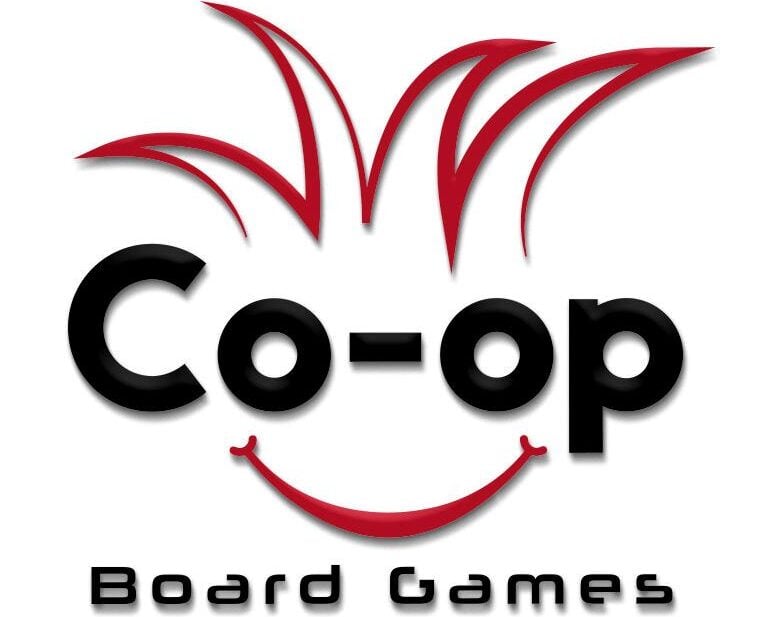The Unexpected Influence of Video Game IPs on Modern Cooperative Board Game Design
Some of the biggest intellectual properties (IPs) from the digital gaming world are surprisingly driving a big change in the design of cooperative board games right now.
What started off as straightforward license transactions has grown into a big mix of mechanics, user experience philosophy, and story structure. Instead of just redoing old tabletop games, modern publishers are using the huge design libraries of video games, from high-stakes survival games to complicated, sprawling role-playing games, to create complex cooperative systems that were hard to find in the physical world before.
This movement isn’t just about nostalgia; it’s about a dedication to turning complicated computer logic into fun, hands-on tabletop games that go beyond what cooperative board games can do.
Translating Digital Systems from Console to Tabletop
The most immediate effect of a video game IP is the need to translate its main functional systems correctly. This is more than just character models and map layouts. Modern cooperative adaptations of games like Dark Souls or XCOM need to make players feel like they’re in challenging, sequential confrontations or under attack while managing resources.
More and more designers are using the idea of “sequential persistence,” which means that the game’s state moves ahead in clear, meaningful ways. A failure in one scenario must result in a quantifiable disadvantage in the subsequent scenario, analogous to the save-state advancement in a video game campaign.
This emphasis on rigorous translation has improved the usage of deck-building, bag-building, and modular map systems, making sure that the complicated digital rule sets of the source material are very close to the original.
Digital Logic Mechanics
Video game features have given cooperative board games new ways to deal with adversary conduct and raise the stakes. For example, adding certain AI decks or flowcharts is a direct tabletop version of opponent programming in digital games. These methods let enemies do complicated and unexpected things without needing a Game Master.
Also, video game ideas like “cooldowns” for abilities, “aggro management” to control enemy targets, and the very detailed control of “inventory slots” have all been included in a methodical way.
These aspects take away abstract resource trackers and give players real, limiting considerations that force them to talk about strategy and make the group work together to manage their turn economy with accuracy and efficiency.
Structures for Storytelling and Campaigns
One of the most important changes has been in how stories are told. Video game IPs, especially open-world or story-driven RPGs, have made cooperative board games include long, branching stories and long campaign structures.
This made the Legacy format more popular, but it also made modular campaign boxes that are less disruptive and can be played again.The impact adds “side quests,” character skill trees that alter over time, and moral choices that block gamers from getting to new material.
This turns the cooperative game into more than simply a one-time challenge; it becomes a long-term story arc that players may change with their decisions.
Wider Trends in Digital Entertainment
The tabletop industry is starting to use licensed digital IPs, which is part of a wider trend in society toward connected and interactive leisure activities. More and more people are utilizing the internet for fun to view movies, play competitive games, and go to interactive sites like online casinos.
There are so many options that you should choose a platform that is safe, well-known, and trustworthy. Players need to know they can trust the site for fair play, safe transactions, and reliable operation, just the way board game publishers utilize well-known IPs to make buyers feel good about their goods.
The success of licensed IPs isn’t simply a one-time occurrence; it indicates that the whole entertainment business cares about making transitions easy and making people familiar with brands. This makes any kind of high-quality interactive material a great prospect.
What the Future Holds for Cooperative Design?
The fact that board game design ideas are still being used in video games shows that the border between the two will become even less clear in the future. Expect to see more cooperative games that include digital companion applications for easy accounting, soundtracks, or voice acting for the story.
These games will still be digital, but they will require players to engage with one other in person. This surprise effect is bringing about a time of cooperative board games that are really interesting, last a long time, and have a lot of mechanics.
The tabletop world is making experiences that are complicated enough to please experienced gamers while still having the familiar touchpoints that new players need to feel comfortable in the physical environment where they can work together.

